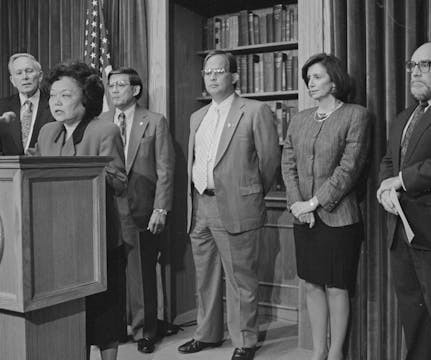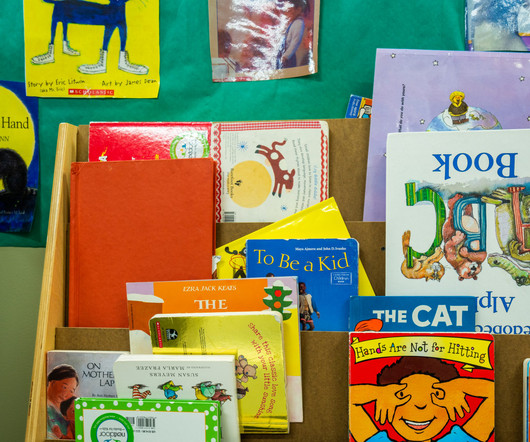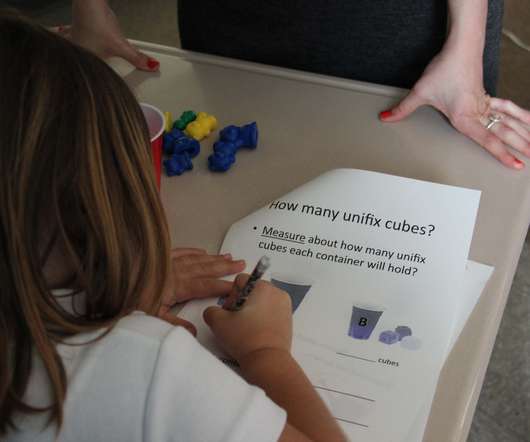What Does It Take to Put Inclusive Curriculum Legislation Into Practice?
ED Surge
MAY 24, 2023
In the wake of the Atlanta Spa shootings and a surge in violence against Asian Americans throughout the pandemic, Illinois made history by becoming the first state to mandate that Asian American history be taught in public K-12 schools beginning in the 2022-23 school year. Let’s get them to recognize there is an absence.”










Let's personalize your content